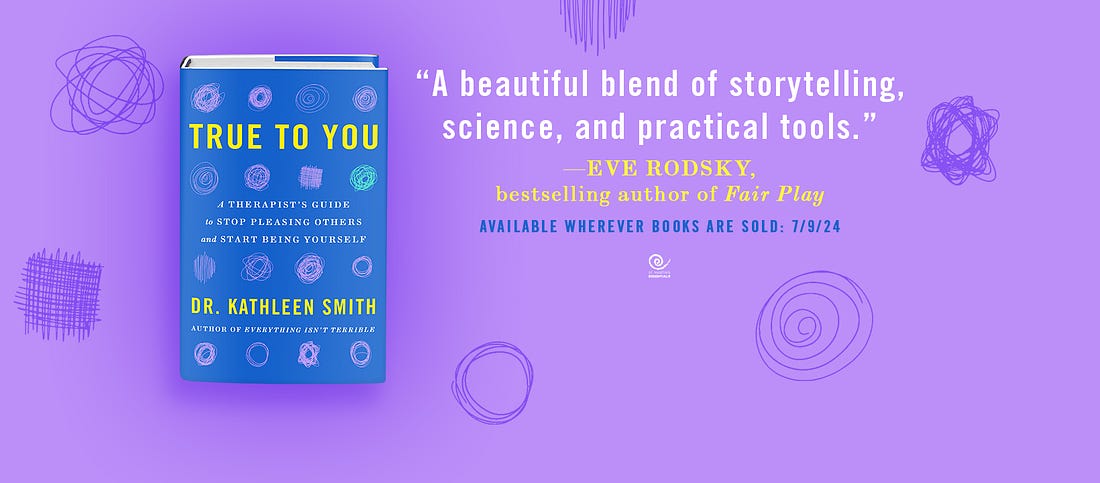Have you ever tried to teach someone how to be less reactive? Whether they are six or sixty, chances are you haven’t had much success. Every relationship interaction carries a certain level of intensity. People bring their reactivity to you, often inviting you to:
The higher the level of intensity, the more likely we are to give in to these pressures. Or attack or avoid. But here’s a beautiful thing—the ability to observe this intensity changes how we respond to it. What does it look like to not react as much to the intensity? Murray Bowen talked about the adult and the infant that are in all of us. So who are you addressing when you respond to the reactivity in others? Are you speaking to their thoughtful capacity, or their reactive immaturity? Let me give you some examples. Situation: A colleague sends you an anxious email at 10pm about something that is not at all urgent. Reacting to the intensity: Trying to teach them how to not email you at 10pm or to send calmer emails (Good luck with that!). Responding to the thinking: Considering whether you are willing to do the task. Considering whether you should be checking your email at 10pm. Responding in the amount of time you think is appropriate. Situation: Your father tells you you’re making a terrible job decision. Reacting to the intensity: Telling your father he never supports you. Trying to convince him you’re making the right decision. Or not communicating future life decisions to him. Responding to the thinking: Saying something like, “I stand by my decision and I’m curious to see how it works out.” Situation: A friend won’t stop complaining about her boyfriend. Reacting to the intensity: Try to convince her to break up with him. Or snapping, “You clearly don’t want my advice, so I don’t know why you’re asking me.” Responding to the thinking: Saying, “What do you think is the biggest challenge?” Or “I’m curious to see how you decide to navigate this. I’ve had a few of my own challenges lately I want to tell you about. . .” Situation: Someone pressures you to take a position on a political issue. Reacting to the intensity: Agreeing with them, avoiding them, or playing devil’s advocate to annoy them. Responding to the thinking: “It’s useful to know this is important to you. I think I need to get clearer with myself about what I believe. What resources have been most helpful to you?” I’m not saying that a person should never directly address the intensity. Of course there are moments when a person must communicate that how they are being treated is unacceptable and will not be tolerated. But, but, but—I would argue there are many more moments where we can just let the intensity float by, without trying to manage it or throw it back. We can speak to the adult even if the infant asked the question. People wont’ always respond to your maturity with their own. They may be annoyed by your good question or steady response. They may crank their own reactivity up to level 10. The goal isn’t to grow the other up, but to move outside of the predictable relationship pattern. And it only takes one person to do that. And sometimes, if you hang in there, people begin use the front of their brain as well. They will take up your offer to relate more thoughtfully, as individuals who are in charge of themselves. I’m grateful for all the people who’ve been able to ask me a good question, or be clear about their thinking, when all I’ve wanted is for them to take my anxiety. I hope I can be that for others more than not. Questions for you:
Check out these similar newsletters I’ve written: Being Careful Vs. Being Respectful (paid) News from KathleenIt was cool to be quoted in the New York Times for an article about estrangement. Buy my new book, True to You! (If you didn’t get the preorder bonus workbook, just reply to this email letting me know where you bought the book, and I’m happy to email you one.) If you bought my book on Amazon, could you please leave a review? I’m in need of some more so other folks can find it. Thanks! Want to read more of my writing? Read my other book, Everything Isn’t Terrible, or my newsletter archives. Paid subscribers can access the entire archive. Email me if you want me to speak to your group or are interested in doing coaching with me. Follow me on Linkedin, Facebook, or Instagram. Want to learn more about Bowen theory? Visit the Bowen Center’s website to learn more about their conferences and training programs. You're currently a free subscriber to The Anxious Overachiever. For the full experience, upgrade your subscription. |
ponedjeljak, 9. lipnja 2025.
Staying Smart When Others Are Anxious
Pretplati se na:
Objavi komentare (Atom)
Soy and breast cancer: What’s the real story?
Time for some fact-checking. ͏ ͏ ͏ ͏ ͏ ͏ ͏ ͏ ͏ ͏ ...

-
Also: 'Don’t think I’m touching a man anytime soon.’ Post-election, I asked where you're at when it comes to sex, desire, and your b...
-
What you eat for breakfast can affect your weight, metabolism, and energy levels differently if you're a man or woman. Here's why....
-
And nontoxic shampoos we've tried and loved ͏ ͏ ͏ ͏ ͏ ͏ ͏ ͏ ͏ ͏ ͏ ͏ ͏ ...


Nema komentara:
Objavi komentar